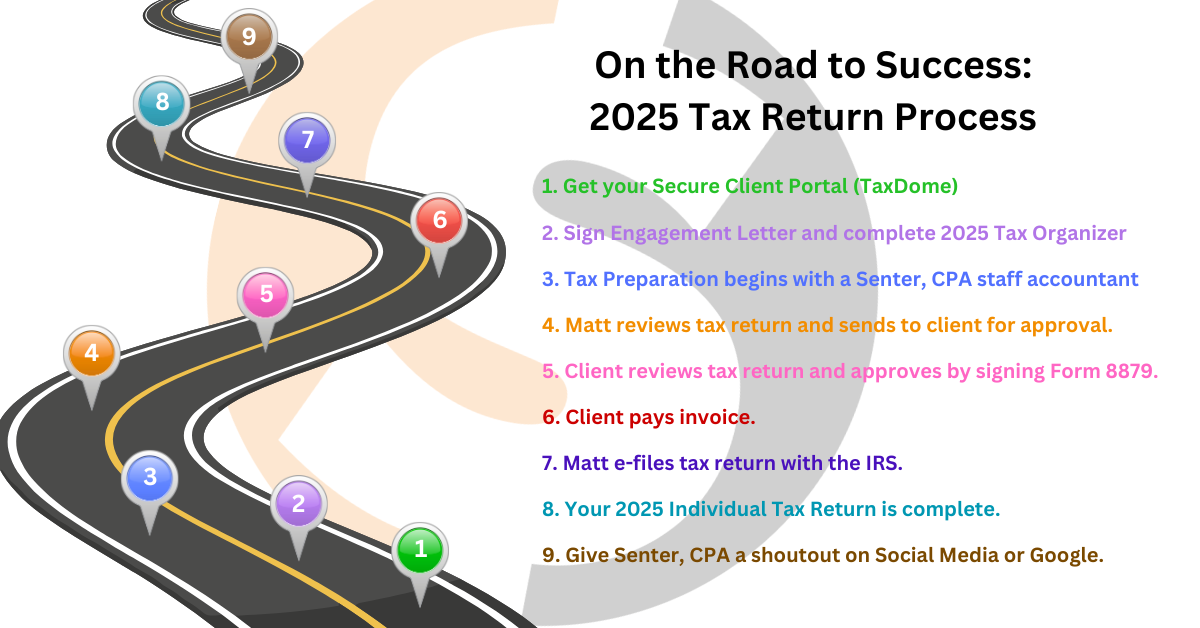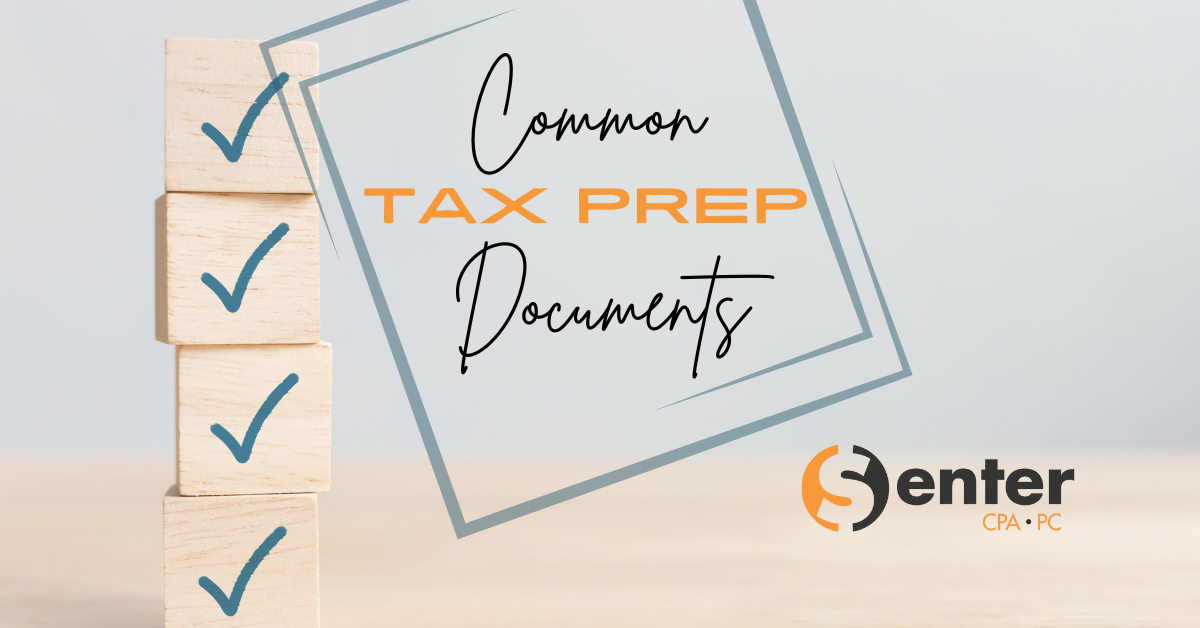Next month, the IRS will begin distributing the 2021 monthly advance payments for the enhanced Child Tax Credit (CTC) to eligible taxpayers. Due to the intricacies and unintended consequences that will potentially arise, some parents may want to consider opting out of receiving these payments or prepare for a higher tax bill on their 2021 taxes.
Below we have provided the details surrounding the enhanced Child Tax Credit so that you are well informed, and able to make the decision that’s best for you and your household.
Qualifying for the advanced Child Tax Credit
To qualify, you must:
- Have filed a 2019 or 2020 tax return and claimed a Child Tax Credit on the return; or
- Have given the IRS your information in 2020 to receive the Economic Impact Payment using the Non-Filers tool; and
- Have a main home in the United States for more than half the year or file a joint return with a spouse who has a main home in the United States for more than half the year; and
- Have a qualifying child who is under age 18 at the end of 2021 and who has a valid Social Security number: and
- Have income limits of:
- $75,000 or less for single taxpayers
- $112,500 or less for heads of households
- $150,000 or less for married filing joint and qualified widows and widowers
Income above those limits will receive $50 less for every $1,000 until the additional (enhanced) credit has been phased out.
Families above the phase out will still qualify for the regular credit until income reached $200,000 single and $400,000 married filing joint.
Amounts
- $300 per month for each child under 6 (advance payments)
- $250 per month for each child between 6 and 17 (advance payments)
- $3,600 annual credit for each child under 6 (increased from $2,000 in 2020 and decreased by any advance)
- $3,000 annual credit for each child between 6 and 17 (increased from $2,000 in 2020 and decreased by any advance)
Important
It is important to understand that the IRS is using income information from previously filed tax returns to determine eligibility, and will then automatically enroll those who qualify for the advance payments. This means that EVEN IF YOU NO LONGER QUALIFY, but did qualify in the past, you will AUTOMATICALLY receive the advance payments without doing anything. These are payments for a credit on a 2021 tax return, which has not yet been filed. So, if you get overpaid in child tax credits, or if your financial situation changes this year, you may end up owing more money than anticipated come tax time.
Anyone who receives the advance credits, but do not qualify, WILL have to pay them back.
Opting Out
Unenrolling from the advance payments may be wise or the conservative approach for many who will not qualify based on their 2021 income information. It might also be a smart move for those who are not sure at this time and for those who would like a larger refund when filing their 2021 tax return.
For Joint Filers: BOTH taxpayers must unenroll in order to opt out of receiving the advance payments.
Helpful Links
WARNING
If you prefer NOT to receive monthly advance Child Tax Credit payments because you would rather claim the full credit on your 2021 tax return, or you know you will not be eligible for the Child Tax Credit for 2021, you will need to UNENROLL (op-out).
Your Senter Team
As Clarkston, Michigan’s premier tax and accounting firm, you can count on us for all of your tax, accounting, and consulting needs. If you have questions or need assistance with the new Child Tax Credit, please Click Here to contact us, or give us a call at 248-934-0550.
We are here to serve you.














